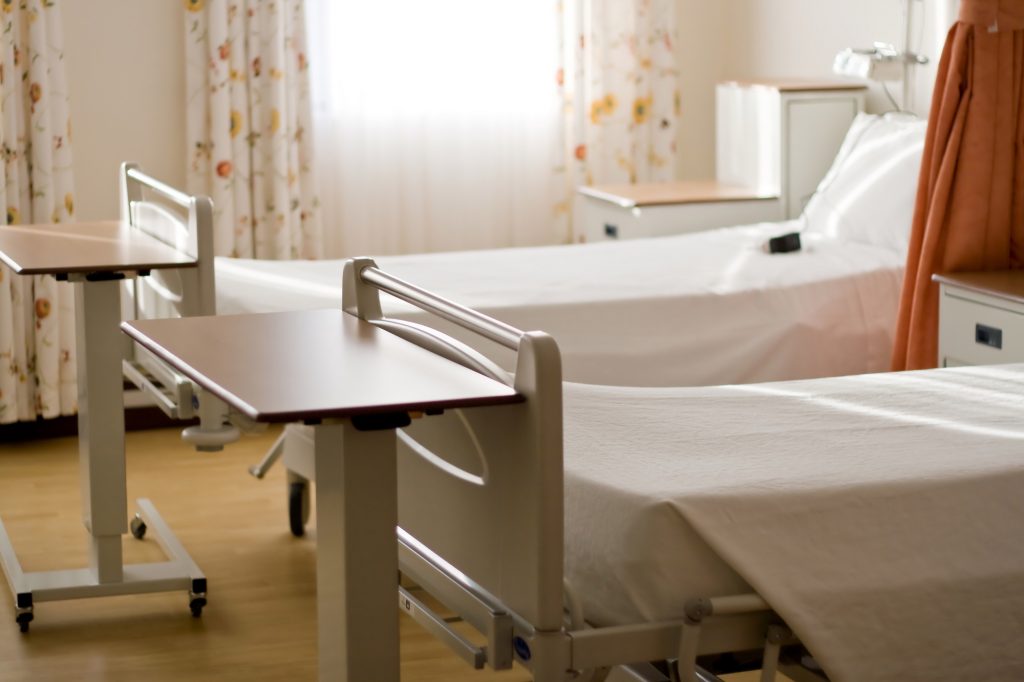
Written By Lucy Peters
Nearly 600 healthcare workers in the US have died from COVID-19, according to Lost on The Frontline. The study, conducted by the Guardian and Kaiser Health News, includes doctors, nurses, paramedics and other essential hospital staff like cleaning crews, administrators and special care caregivers. The pandemic has certainly made an impact on travel and how people live their daily lives. Another thing it will have a lasting impact upon is the concept of cleanliness in healthcare.
Hospital Cleaning Staff Gear
It is generally thought that Personal Protective Equipment (PPE) is necessary to keep doctors, nurses and paramedics safe from COVID-19. However, it is now clear that it is no longer sufficient to keep a hospital in working order. Hospital cleaners who enter the premises must also have additional gear like an FFP2 mask, gloves, gown, face shields, and secure working boots, according to a study published by the Turkish Journal of Medical Sciences.
As cleaning crews often pass through different rooms and halls of hospitals, they must be duly protected from the transmission to enable them to keep rooms and areas sanitized. Beyond safety gear, their cleaning tools must have validated removal ratings that are certified from third-party laboratories. This is to ensure that their cleaning tools are actually doing their job rather than unknowingly spreading the virus around the hospital.
The Necessity Of Professional Sanitation Services
While hospitals do have their own sanitation staff, they may not be enough to ensure complete disinfection of surfaces, walls, hallways and bedding. There may simply be too much to do for regular cleaning crews to take on the load. As such, the presence and necessity of professional cleaning crews will increase in the immediate future. Professional crews possess heavy-duty cleaning equipment like steam machines that are 99.99% effective in removing germs and bacteria over a wide array of surfaces. The study, conducted by Michael Cazaban and others, established that a steam vapor system significantly eradicates S. capitis and other organisms from sensitive hospital areas.
Additional Cleanliness Protocols For Healthcare Workers
Gone are the days when healthcare professionals could simply perform hand-washing, take off any infectious gloves, and head on home. Now, it is advisable that healthcare professionals take spare clothing to wear separately and keep any work clothes and shoes in a separate plastic container, according to the Minnesota Department of Health. They found that excessive use of harder chemicals to wash clothes or bedding is unnecessary. Regular detergent is fine – as long as the laundry is done immediately prior to coming into any contact with any family members. The habit of wiping down surfaces of any vehicles used to go home with sanitation wipes must also be normalized.
This pandemic is effectively ushering new health protocols and stringent cleanliness requirements that will remain in place for the foreseeable future. While they may seem excessive, they are critical to maintaining the integrity and safety of healthcare workers everywhere. After all, it is they that are in the front lines fighting a virus that continues to threaten the human population.
Please also review AIHCP’s Nursing Management Program and see if it matches your academic and professional goals. The program in online and independent study and open to qualified professionals.
